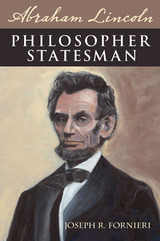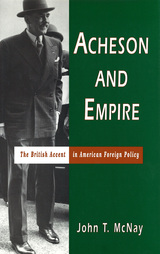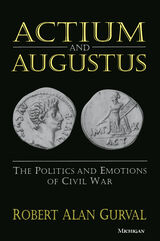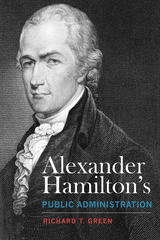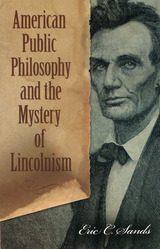Promises Beyond Memory: Archives, Art, and the Afterlives of Violence in Latin America
Duke University Press, 2026
Cloth: 978-1-4780-2950-2 | Paper: 978-1-4780-3296-0 | eISBN: 978-1-4780-6171-7 (standard)
See other books on: Afterlives | Archives | Caribbean & Latin American Studies | Social Theory | Violence
See other titles from Duke University Press
Cloth: 978-1-4780-2950-2 | Paper: 978-1-4780-3296-0 | eISBN: 978-1-4780-6171-7 (standard)
ABOUT THIS BOOK | AUTHOR BIOGRAPHY | REVIEWS | TOC
ABOUT THIS BOOK
In Promises Beyond Memory, Vikki Bell shows how archives of contemporary political violence in Argentina, Chile, and Colombia challenge the idea that simply sheltering the documentation of violence is sufficient to fulfill the obligations of attending to the past. Beyond mere preservation, these archives, museums, and sites of memory invite exploratory modes of enlivening the past through aesthetic practices like photography, installation, film, and performance. These practices foster the “survivance” of memory where populations still grapple with legacies of violence and often state-sponsored mass disappearance and torture. Rather than produce a definitive account of the past, such survivance facilitates polyvocal articulations that open deeply political and ethical questions around contested histories. They may even create moments for what Bell terms “tender forgetting”—the ability to remember without reawakening trauma. Integrating theory, extensive archival work, and interviews with artists, archivists, museum workers, and survivors of state violence, Bell analyses the creative ways that archives pass on stories of violence as they seek to defend against attempts to rewrite the past.
See other books on: Afterlives | Archives | Caribbean & Latin American Studies | Social Theory | Violence
See other titles from Duke University Press

